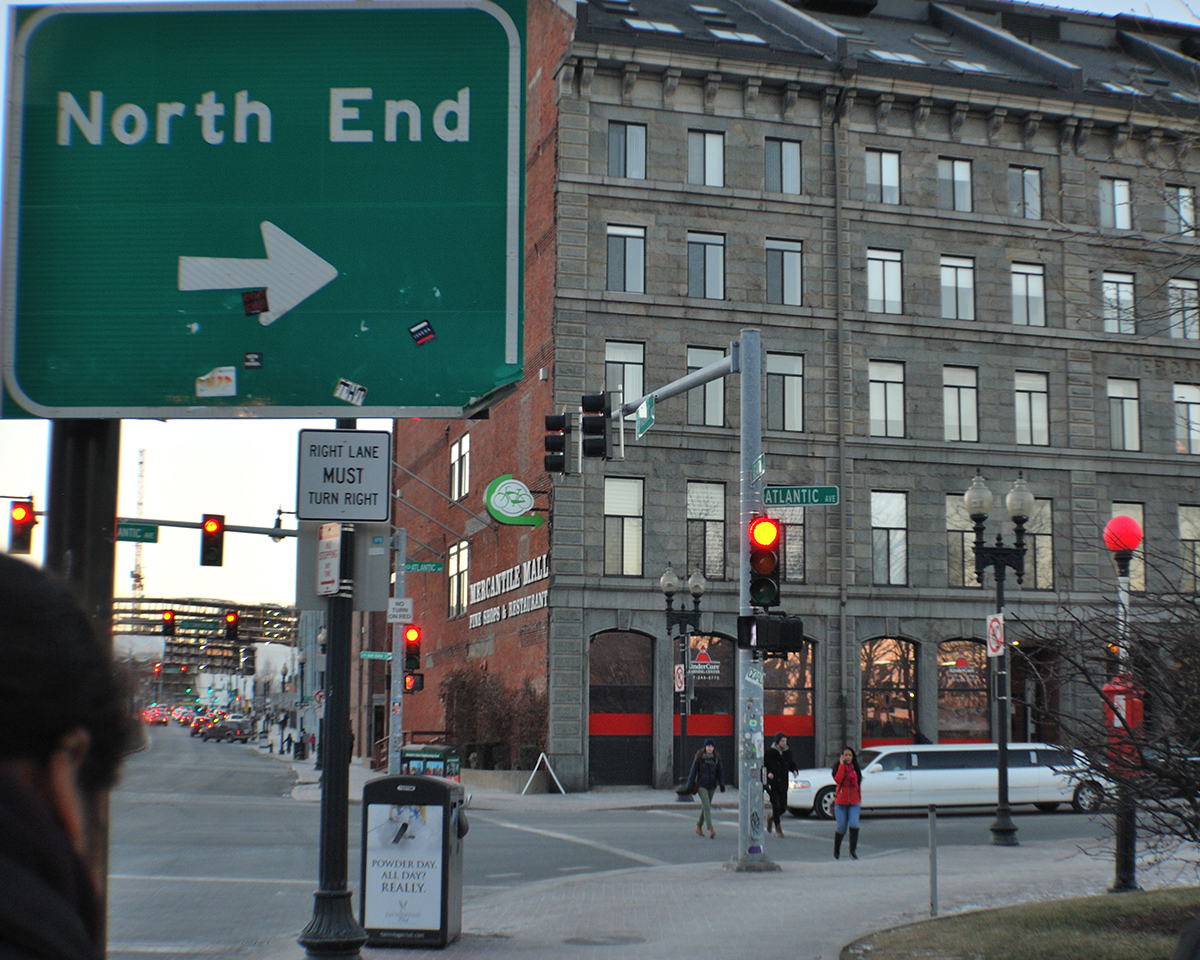North End to Boston Redevelopment Authority: Buzz Off

North End by Christopher Rice via
North End residents told the Boston Redevelopment Authority to go jump in Boston Harbor at the latest meeting of the North End/Waterfront Residents Association. The neighborhood group voted 26-0 on Saturday to show their displeasure with the BRA’s move to renew the urban renewal designation on the North End for another decade.
A renewal of the BRA’s authority over the area would give the public entity wide ranging powers there, including the ability to seize land through eminent domain.
In his remarks at the meeting, NEWRA President Ford Cavallari cknowledged there was a time when the North End’s waterfront was “decrepit” and needed urban renewal, but that time though has come and gone.
Cavallari read a letter addressed to Mayor Marty Walsh and the council at the meeting. The letter urged elected officials to not renew the urban renewal area designation for the North End.
“The zones, as currently delineated, make little sense for today’s Boston,” said the letter.
Cavallari reiterated in his remarks at the meeting that while they’re not against the BRA as an entity they do want them to rethink their role in the North End.
“There are people who have been around Boston for a long time and looked at the BRA and said, ‘This is an organization that is past its prime and we ought to destroy it.’ That’s not what we’re talking about here. This group of neighborhood associations is not saying get rid of the BRA, we’re just saying, ‘Look, a ten year reauthorization right now doesn’t make a whole lot of sense,'” said Cavallari according to a report by NorthEndWaterfront.com
The BRA was created in 1957 to address what is known as “urban blight” a condition that is difficult to find in today’s North End.. The “urban blight” designation has led to some disastrous urban policy decisions in Boston history, most notably the demolition of the West End, a dense neighborhood that was once home to 11,000 residents before it was leveled to make way for disconnected high rises and a neighborhood that lacks any real character. Today, the area is home to roughly 4,000 people.
In a statement, BRA spokesman Nick Martin disagreed with the neighborhood association’s vote against the RBA.
While we respect the views of the North End Waterfront Residents’ Association, we believe that it is not only appropriate but extremely beneficial for us to have urban renewal tools. Popular projects such as the Boston Public Market and the park at New England Aquarium were facilitated using these tools, and we have compiled several other urban renewal success stories on our website.
Over the past nine months, we have held dozens of meetings with community organizations to acknowledge the past missteps of urban renewal, educate residents on the evolution of these tools and how they have been used for the betterment of neighborhoods, and gather feedback to update the goals of each urban renewal plan area. We have been nothing but transparent throughout this entire process, putting a wealth of information online for people to browse at their leisure. Our robust public process stands in stark contrast to the utter lack of public engagement that occurred when previous leadership at the BRA last sought to extend urban renewal powers in 2005. We’re not simply talking about reforming the BRA, we’re acting on it. And our approach to the urban renewal extension process embodies this culture shift.
The North End is part of one of the BRA’s 16 urban renewal zones throughout the city; 14 of them are up for renewal authorization. A city council vote on the renewal is likely in October.


